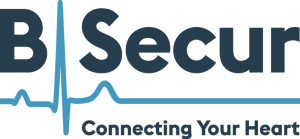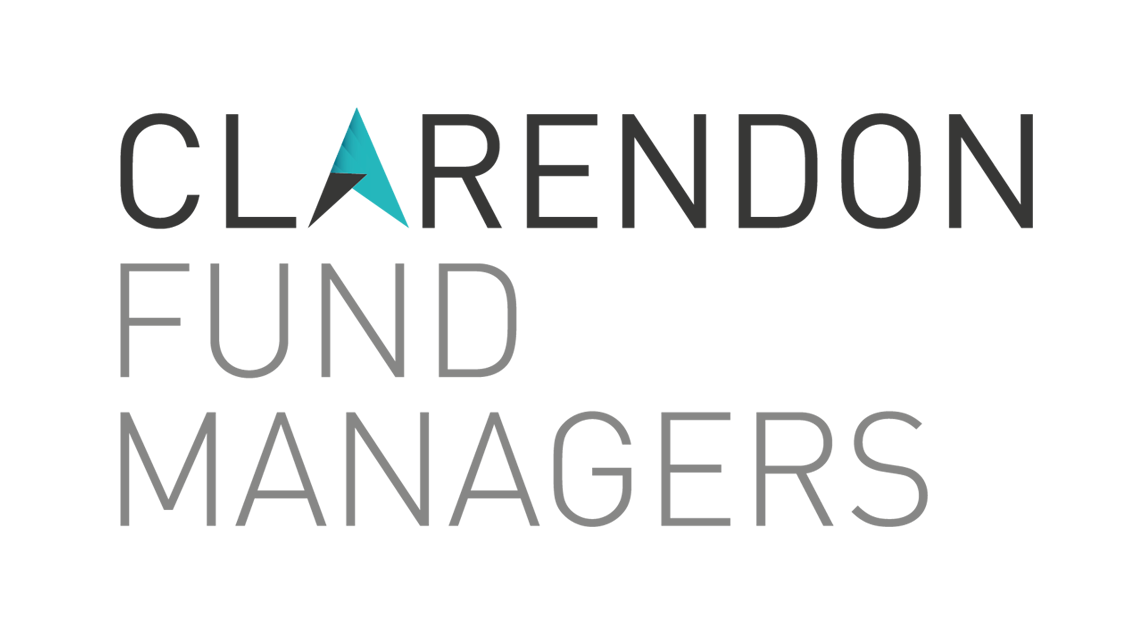
04 May B-Secur launches FDA-cleared HeartKey 2.0
Well done to portfolio company, B-Secur, on launching its FDA approved Heartkey® 2.0 product, which should help to power the next generation of medical and consumer devices and platforms.
Article from: https://b-secur.com/press/ekg-cloud-tech-improves-accuracy-in-heart-health-monitoring/
The new cloud-based software significantly reduces EKG signal noise, elevating EKG interpretation to new heights of efficiency and accuracy for clinicians and facilitating the trend towards greater remote cardiac monitoring.
HeartKey® 2.0, which also offers a range of FDA-cleared health algorithms and actionable wellness insights, was unveiled on Friday in San Francisco at Heart Rhythm 2022, a cardiac medical conference attended by distinguished clinicians, scientists, researchers, and innovators.
HeartKey® 2.0 offers universal performance across EKG use cases including Holter monitors, wearables, and implantable devices. The technology refines and enhances signal clarity enabling EKG clinicians to make faster and more accurate diagnoses.
This innovation comes at a time when COVID-19 has caused irreparable cardiac damage and arrhythmias in large numbers of people with no underlying heart issues and the preventative and predictive healthcare agenda has never been more relevant. Described by the World Heart Foundation as the perfect storm for the heart, the pandemic has underlined heart health and remote monitoring as a key priority for patients, clinicians, and health service providers around the world. The increased signal performance and accuracy of HeartKey® 2.0 improves EKG interpretation, reducing the potential for false positives and the requirement for expensive repeat testing. This in turn drives greater medical and financial efficiencies as more patients can be monitored and treated.
Outside of a clinical and remote patient monitoring environment, the innovative technology is also available for consumer wearables at a time when more people are motivated to monitor their own heart health. Speaking at Heart Rhythm 2022, B-Secur’s Americas Advisor to the Board, Cardiology Specialist and former Vice President and General Manager of Heart Failure at Medtronic, David Steinhaus MD said HeartKey® 2.0 represents the breakthrough clinicians and healthcare facilities have needed.
“Cleaner EKG signals improve assessment speed and reduce potential misidentification of conditions by clinicians, freeing up valuable consultant cardiologist time. HeartKey® 2.0 represents a seminal moment in refining and improving signal clarity.”
B-Secur CTO, Adrian Condon said HeartKey® 2.0 is the new standard for medical and consumer technology companies looking to improve accuracy and efficiency while delivering exciting new features to their customers.
“Part of the new software’s intelligence is the universal high performance of EKG signal processing in addition to offering a range of diagnostic health and wellness algorithms and analytics easily accessible by medical devices and platforms.”
“This enables significant improvements in the clinical pathway and supports faster launches of new consumer and medical technology.”
Founded in Belfast, Northern Ireland, B-Secur has doubled its workforce in recent months to over 75 employees across offices in the U.S., the UK and Ireland. The innovative biosensing algorithm company licences its technology to a number of medical and consumer customers.
The company’s commercial expansion in the U.S. comes as the Health & Wellness in Wearable Devices market is set to rise to $47billion by 2025[1] while the Global Remote Patient Monitoring market is predicted to increase to $109billion[2].



